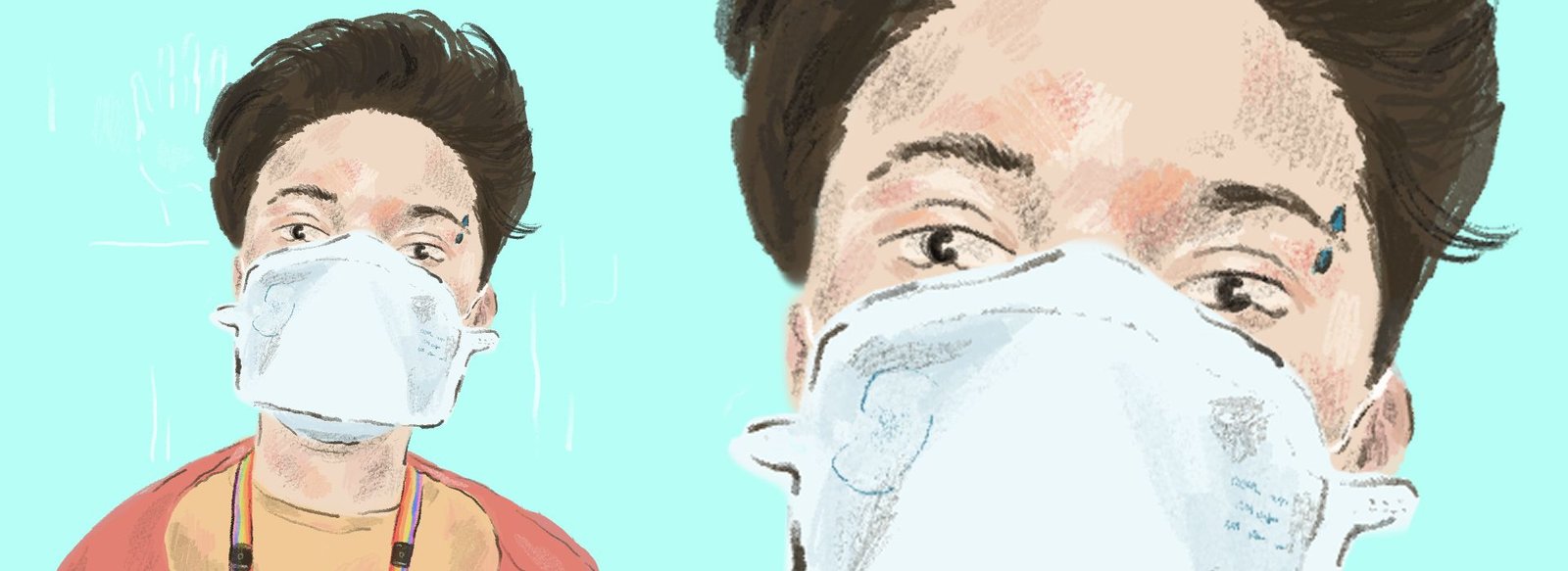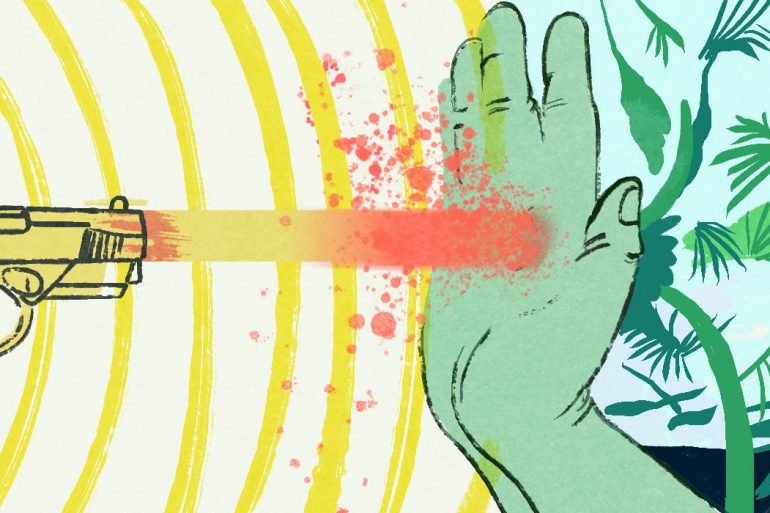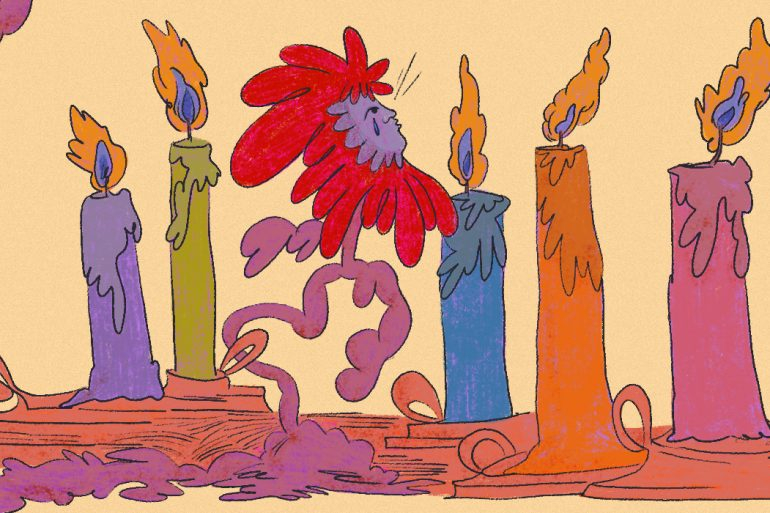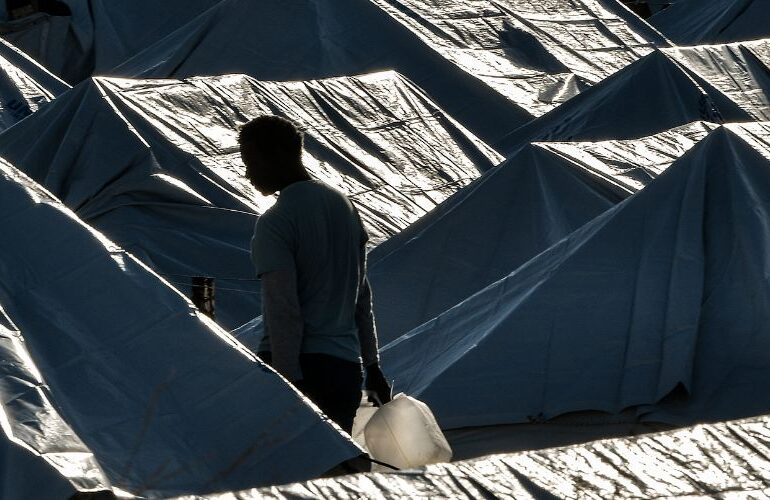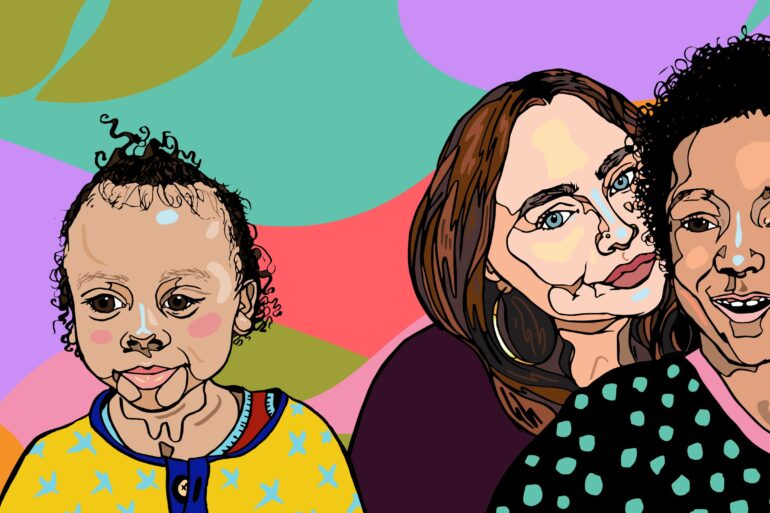With the UK’s death toll rapidly rising and NHS healthcare workers speaking out against working conditions and the lack of PPE in hospitals over the UK, it is more important than ever to hear from those putting their lives on the line within the structure of a massively overstretched and underfunded NHS.
Below is a piece from a student mental health nurse working in London, who speaks about the context within which she is dealing with COVID-19; the early call-up before her nursing graduation, and the systemic underappreciation of NHS workers, particularly nurses and healthcare workers.
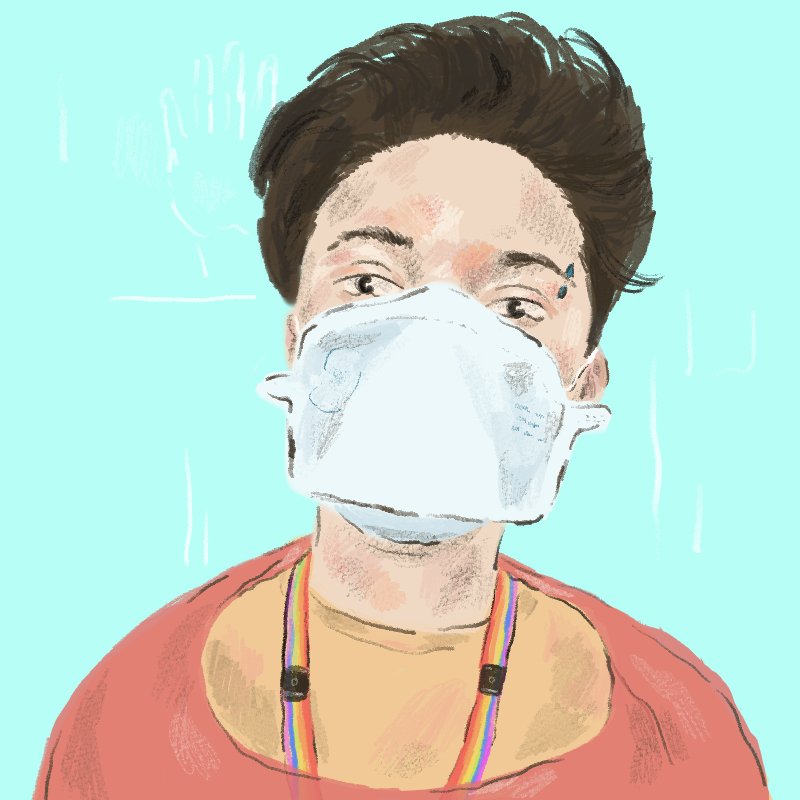
Before the pandemic began, I was a student mental health nurse. The end was in sight – I thought the most difficult thing I would face in the few months before qualification was an essay deadline or two. This all changed with Matt Hancock’s announcement in the daily briefing on March 24th. I learned, along with the rest of the population, that as a student nurse I would be moved “to the frontline” to meet the rising demand for NHS staff as more and more people fell ill.
Cue 48 hours of hundreds of emails filling my inbox – from university, nursing unions, fellow student nurses – everyone trying to get on top of a rapidly evolving situation which no one seemed to properly understand.
By March 27th, we were given four days to make a pivotal decision. Did we want to “opt-in” as an NHS employee, and be sent ‘somewhere’ to do ‘something’? Or did we want to “opt-out”, and pause our studies for ‘some time’? This really was all of the information we were given, not because of poor communication or incompetence, but because decisions were having to be made so fast that no one had planned that far yet.
A little over a month ago, I made the decision to opt-in. It wasn’t an easy decision in any way, but for me, it was the only one that felt ‘right’. Expecting to be ‘rapidly deployed’ as had been promised, the fortnight of radio silence that followed was anticlimactic to say the least. I was full of anxieties: Might I be sent to one of the new Nightingale Hospitals? And if so, will I be given the training and support to look after people who are physically ill, given that my current training is for psychiatric illness?
For me, the hardest part of my role in the pandemic has been the ‘not knowing’. Even though I’ve only worked in the NHS for a couple of years, I am already used to working in extremely challenging and unpredictable environments. It’s not the degree of illness that worries me, or even the lack of resources (sadly, we are also used to this), but not knowing where, when, or with whom I will be working makes me incredibly anxious. I wish that student nurses had been ‘in’ on the decision-making instead of finding out information on the news, or second-hand through teachers and friends.
Thankfully, I’ve now been given a placement and deployment date in late May. I’ll be working in a service I know well and am looking forward to starting! I will only be a month or two late in graduating, and what with everything that’s going on I count myself very lucky.
There have been obvious failures by our government to protect our NHS, its workers, and members of the public throughout this pandemic. It pains me to hear our country’s leaders speak of ‘NHS Heroes’ when they are responsible for those same people going to work each day without proper equipment, adequate training, or sufficient emotional and practical support. Sadly, it seems typical of politicians to pay lip service to something that they have no intent of practically or financially supporting.
I keep trying (sometimes successfully, sometimes not) to remember that the ‘clap for the NHS’ was started by an individual and not by the government.
The first time I stuck my head out of the window to listen to the applause and cheers for the NHS, I cried – I didn’t think that so many people would care, and I felt so proud of the profession I have chosen.
I’ve found the innovative ways that people are supporting each other so moving and hopeful. Although I wish rainbows hadn’t been chosen as the symbol to show support to NHS staff – because, for me, the rainbow is so tied to the LGBTQI+ community – I have enjoyed seeing all the support on social media and outside houses for NHS staff, and know that this has put a smile on the face of so many of my colleagues.
When you work in the NHS, there is definitely always that sense of being unappreciated, especially for nurses and support workers as you feel that lack of appreciation even from other professionals you’re working with. It’s easy to forget that working in healthcare, our everyday reality is being faced with constant crisis, constant danger, a constant need to make quick, complex decisions in challenging situations – this didn’t begin, and won’t end, with the current pandemic. I’m glad that the government, and the public at large, appear to have discovered a renewed gratitude for healthcare professionals… I just hope that it continues long after this crisis is over.
